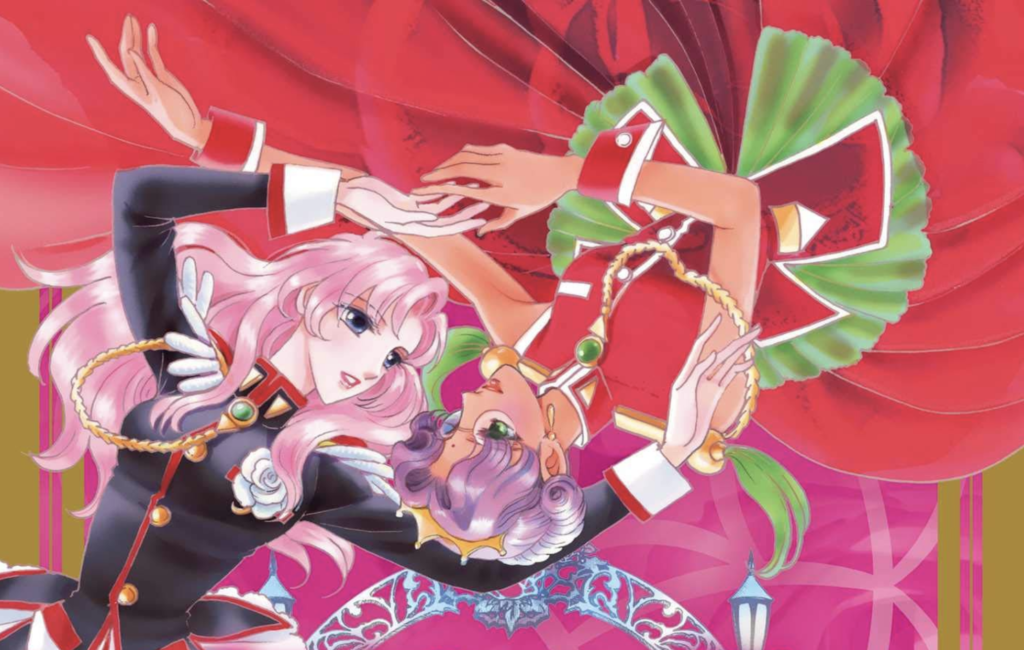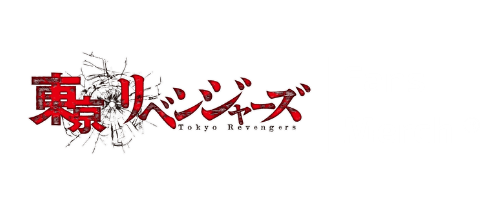
The Black Rose Arc A Psychological Deep Dive into the Duelists Struggles
The Black Rose Arc: A Psychological Deep Dive into the Duelists' Struggles
The "Black Rose Arc" of Revolutionary Girl Utena offers a profound exploration of psychological themes and the darker aspects of its characters' journeys. This section of the series introduces viewers to a deeper emotional and existential struggle, showcasing how the characters grapple with their identities, relationships, and the burdens of their past. The Black Rose Arc acts as a pivotal turning point in the narrative, as it forces each duelist to confront their own internal demons and the reality of their desires, showcasing a dramatic evolution of character that resonates with audiences on many levels.
The Nature of Identity in the Duelist’s Struggles
One of the primary themes in the Black Rose Arc is the quest for identity. The dueling itself serves as a metaphor for the characters' internal conflicts. Each duel represents not just a battle for the Rose Bride but also a struggle for self-acceptance and acknowledgment of their true selves. Utena, the protagonist, is challenged not only by her opponents but also by her own ideals of what it means to be a prince and a hero. As she navigates through the challenges posed by her antagonists, such as Touga and Akio, she must reconcile her fantastical ideals with the grim realities of her existence. This makes the arc a rich tapestry of psychological introspection, pushing the characters to reflect on their motivations and the foundations of their identities.
Exploring Trauma and Memory
Another significant element of the Black Rose Arc is the examination of trauma and memory. The characters are haunted by their past experiences, shaping their present behaviors and choices. The introduction of the Black Rose Duelists, individuals like Miki and Kozue, showcases how deeply rooted their insecurities and traumas are. Each character is burdened by their unique histories, leading them to seek power and validation through dueling rather than confronting their issues directly. The series effectively highlights how trauma influences one's pursuit of love and acceptance, driving characters to potentially destructive paths as they desperately attempt to reclaim their own narratives.
Gender Dynamics and Power
The Black Rose Arc also delves into complex gender dynamics and power struggles, well exemplified by Anthy and the Rose Bride's position. Throughout the arc, her character complicates the traditional binary views of power and victimhood. She grapples with the duality of being both a pawn and a powerful figure within the dueling system. This interplay creates a rich commentary on how societal expectations shape individual roles and influence power dynamics within relationships. Utena's unwavering stance as the Prince challenges these norms, inviting viewers to re-examine the way gender and empowerment interact within the narrative. This layer of analysis not only enriches the viewer's understanding of character motivations but also opens up conversations about real-world gender issues.
Embrace the Revolution: Merchandise and Community Engagement
The significance of the Black Rose Arc extends beyond the narrative itself, impacting the broader fan community through official merchandise that allows fans to immerse themselves in this meaningful world. Revolutionary Girl Utena Official Merchandise provides fans with tangible connections to their favorite characters, embodying the themes they resonate with. From intricately detailed figures of Utena and Anthy to art books that delve deeper into character design and symbolism, the merchandise supports greater engagement with the series. In this way, fans not only celebrate their love for Utena's journey but also help keep the dialogues around its crucial themes alive, fostering a community that appreciates the intricate psychological underpinnings of the show.









